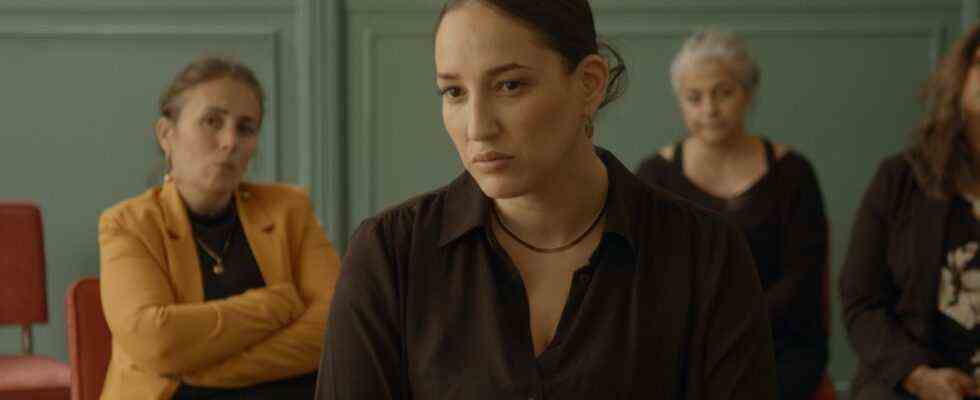Sometimes scenic means are needed to make a monumental but diffuse, because most people do not directly affect events understandable. Theater plays and especially documentaries can succeed, see “Shoah”, Al Gore’s “Inconvenient Truth” or Michael Moore’s “Bowling for Columbine”. As of this week, this series has included “Alone Against the State”, a television documentary about the “child supplement affair”, a scandal of unheard-of proportions that has shaken the Netherlands for almost two years and is far from complete or even overcome. More than 30,000 innocent families have been killed because the authorities mistakenly reclaimed huge sums of money from them.
The broadcast slot was already on the program: on the eve of Prinsjesdag, on which the new parliamentary year is ceremoniously heralded. In a country that has not had an official government for eight months and is in a deep political crisis. According to surveys, many Dutch people have lost confidence in politics and, in general, in the righteousness of government action. Anyone who has watched “Alone Against the State” understands that. It is, according to the television critic of NRC Handelsbladto “one of the most depressing hours of television in years”. The king should have changed his text in his speech from the throne on Tuesday and “should only talk about this film”.
Five women tell their story in this film – the setting: extremely sober
In the 55-minute documentary by Stijn Bouma, five women tell their stories. They sit together in a room that cannot be located, the setting is extremely sober. All of them have a migration background, which is no coincidence, because the algorithms of the authorities were set so perfidiously racist that they were targeted almost automatically. All are single parents and depend on help. They have suffered various torments, but they have one thing in common: At some point after 2014, the authorities contacted them and asked for all the money they had been given to care for their children back. The reason could be a tiny form error or an allegedly missing document. All pleading remained in vain, even the judiciary did not help them, the state pulled it off ice cold.
Because it was often 30,000 euros or even more, the victims had to go into debt – and got caught in a downward vortex that many have still not found their way out of. They lost their homes, their property, their job, their social contacts, their health, and the respect for their children, which were sometimes taken away from them. They lost their dignity. Life destroyed by the state. A Kafkaesque world.
“We were completely normal citizens,” says Nazmiye. Until her life was shattered.
The protagonists of the film are carefully selected: seriously injured, yet strong, eloquent women. Badriah, for example, whose eyes sparkle as she enumerates all the “humiliations” she has suffered: in the office, in the judiciary, at work, with friends. And above all in front of the mirror. How helpless you can feel in the stranglehold of the authorities. And lonely, because at first everyone thought they were alone in their experience, considered themselves stupid and small. “We were completely normal citizens,” says Nazmiye. Until their lives were shattered and many of them almost put an end to him themselves.
As horrific as the event is, none of these women can still cry, the tears have long since dried up. Instead, there is now a wild hatred in them, for the officials and politicians who did this. Derya had actually wanted to forgive them. Then it bursts out of her: “They should go to hell!” And she is shocked at herself. The state has apologized, victims are now to receive a flat rate of 30,000 euros. But money alone will not make up for this damage, as these women show. How much does a life cost? Especially since many have not yet received anything or have to fight for their victim status at length. Each individual victim must be considered and compensated separately, says Badriah. Together the five women wrote a letter of protest to the king this week, “Foreclosure” they write about it. “Our hell must come to an end as soon as possible,” ask Willem-Alexander. After all, the claims were made to them “in the name of the king”.
What the film leaves out is the political dimension. It is mainly thanks to the digging work of two MPs that this affair gradually came to light and is slowly finding the meaning it deserves. The last government under Mark Rutte specifically obstructed these attempts at clarification. In January she was forced to resign following a damning investigation into the scandal. Then Rutte tried to secretly evacuate one of the critical MPs, Pieter Omtzigt, from parliament – and in doing so almost ruined his political career.
But Rutte now wants to rule again. Many Dutch people think that is unspeakable. Even more so after this film.
See at www.npostart.nl

